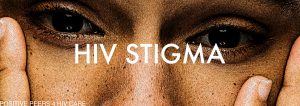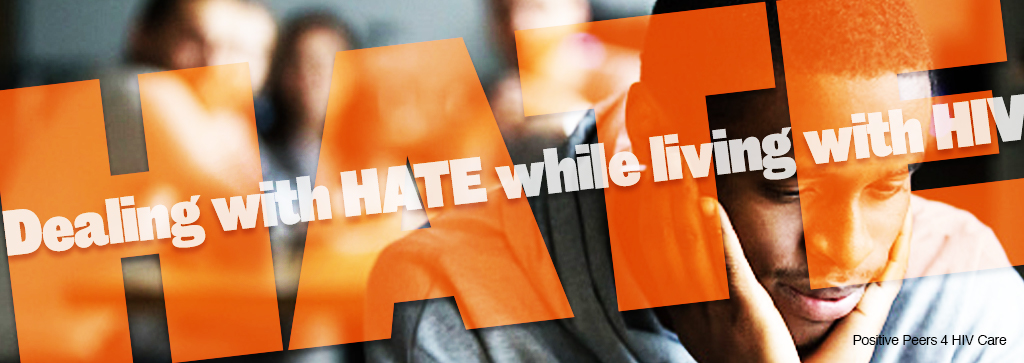
By: Jennifer McMillen Smith, LISW-S, HIV Social Worker at MetroHealth Medical Center and medically reviewed by Ann K. Avery, MD, Infectious Disease Physician at MetroHealth Medical Center
When it comes to HIV, there are a lot of misconceptions. People who are HIV positive sometimes face discrimination and confusion from their friends and family. The Kaiser Family Foundation released a study in 2012 that found one-third of all Americans believe one or more untrue things about HIV transmission.
There are a lot of false beliefs about how HIV is transmitted, and this creates a lot of stigma for people who have HIV. Homophobia goes hand-in-hand with the stigma around HIV. This is a huge problem because it can actually make people too scared or embarrassed to get tested or seek prevention services.
Sometimes that discrimination and confusion about HIV becomes hateful. So at what point does discrimination become a hate crime?
Well, first we should define what exactly a hate crime is. Basically, it’s any crime someone commits because of bias against a group of people. There are a lot of reasons someone will commit a hate crime against another person, such as their sexuality, HIV status, race, religion, or disability.
Something similar to a hate crime is a hate incident. Hate incidents aren’t necessarily crimes but still are motivated by bias towards a group of people. They can be any biased act, including what they say, how they express themselves, or what they do.
Hate crime penalty-enhancement laws have been passed in forty-one states and the District of Columbia.
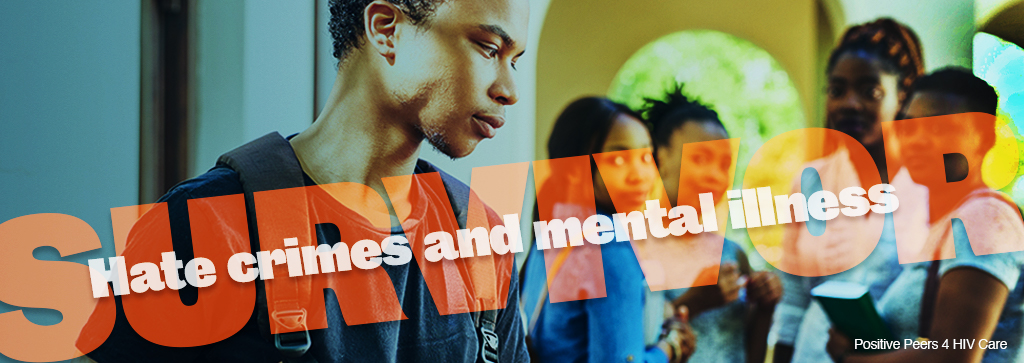
Hate crimes and mental illness
A lot of times, it can be really hard to tell someone that you’re living with HIV. A lot of people face stigma or are shunned by their family, friends, peers, and even their wider community, which makes a recent diagnosis even more difficult. Many people also face discrimination when going to the doctor or going to school. If you’re a person of color, an LGBTQ person, disabled, or practice a different religion, the harassment and insults you could potentially face can be even worse.
Going through a hate crime often makes living with HIV a scary experience, especially if the hate crime was committed because you’re living with HIV. It makes you feel afraid, alone and scared to be who you are—something you shouldn’t have to worry about.
All violent crimes can be damaging to the person who experienced it. However, hate crime victims tend to go through more psychological distress than victims of other violent crimes. Having a mental illness and going through a hate crime often makes your mental health worse. It means you’re more likely to deal with:
- Depression
- Anxiety
- Post-traumatic stress
- Anger
- Safety concerns
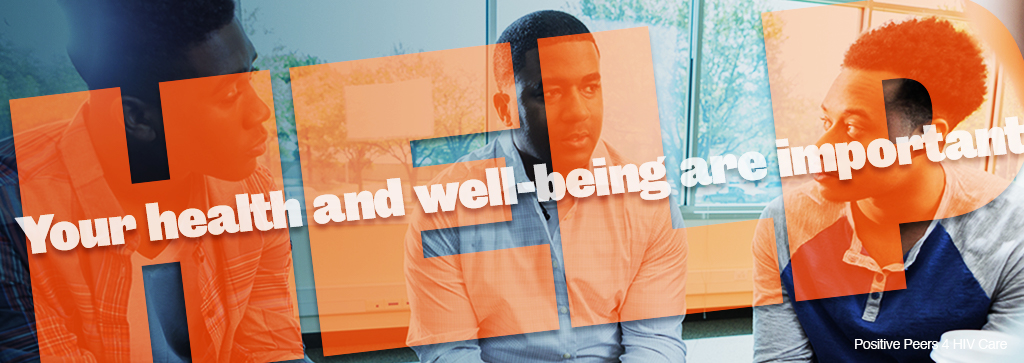
Take steps to get help
The most important thing to do is to get medical help if you need it. Your health and well-being are important. Try to write down everything you remember about what happened. It can help in the future. Make sure you know your legal rights and file a police report if you feel safe and comfortable enough to do so. Let the local LGBT community know what happened to you. Last, make sure you have support. Talk to your friends and family, and find an LGBTQ affirmative therapist to help you through it.
Come join our private, stigma-free, supportive community.
Health management tools with medication & appointment reminders.
Social networking in a community conversation & private chats.
Self-care after emotional and psychological trauma
There are many ways to take care of yourself after living through a hate crime. Surrounding yourself with supportive people and opening up to them will make healing easier. Finding a trauma support group can really help too. Something called mindful isolation is also helpful. It means trying to avoid situations that will trigger you or create a fight-or-flight response. If you have too much excess energy, take walks, workout, or find another way to safely get rid of any anger you’re feeling.
Most importantly, take care of yourself. Make sure you’re eating nutritious food and not too much or too little of it. Make sure you avoid toxic things like alcohol and cigarettes. Try to get enough sleep each night and go to bed at a reasonable hour. And don’t forget to take deep breaths when you need to!
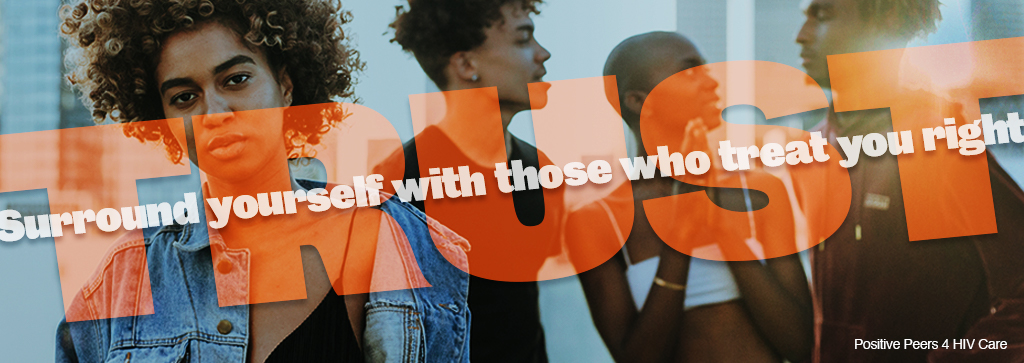
Remember the good in the world
If someone commits a hate crime against you, it doesn’t mean there is anything wrong with you. They are the one filled with hate and intolerance. You did nothing to bring it upon yourself.
Whenever someone commits a hate crime, they’re attacking tolerance, acceptance, and all the goodness the world has to offer. We can’t and won’t let hateful people win.
Surround yourself with people who love you and make you feel safe. It’ll remind you of the good in the world and why we’re fighting against intolerance. Even though things get ugly sometimes, there is a lot of good in the world. You are a part that good!
Related Blogs:

